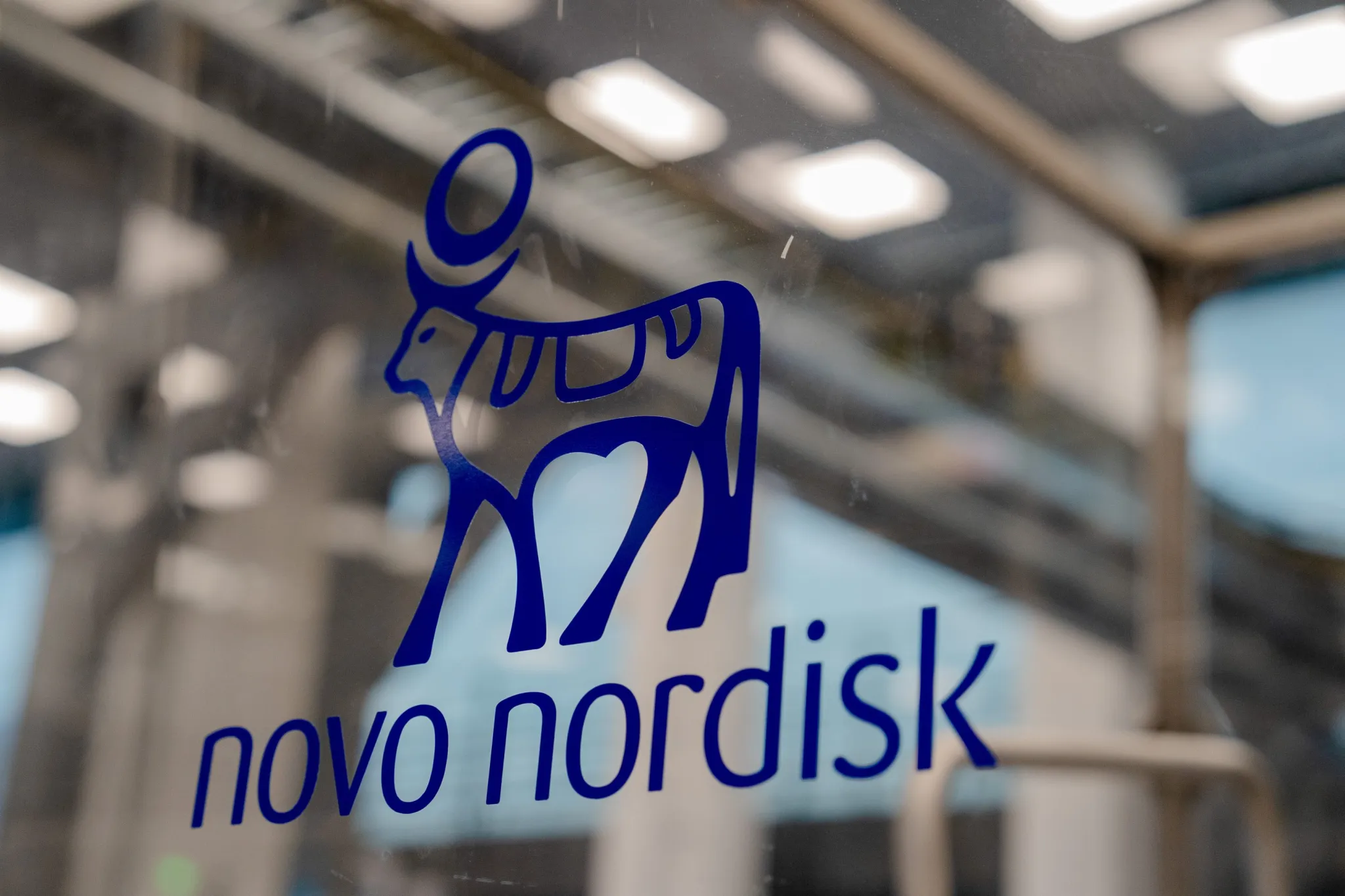Novo Nordisk hits $500bn market value as it forecasts Wegovy and Ozempic will juice another 29% jump in profits this year
Novo Nordisk has shown few signs of slowing down since taking the pharmaceutical world by storm last year. Now, the weight loss-aiding drugmaker has hit its latest milestone as bumper earnings helped propel it to a record valuation.
On the back of the earnings, the group behind Ozempic and Wegovy has joined a highly exclusive European club by hitting a $500 billion valuation. It got there by increasing sales in its booming U.S. market by 50% last year, where demand for weight loss-aiding drugs is soaring. Globally, sales of Wegovy and Saxenda (another of its drugs) jumped more than 150% in the last year.
The drugmaker is now betting that an easing of 2023’s supply chain woes will help it bounce to 29% profit growth next year, though competition in the buzzing weight loss sector will create new obstacles for the buzzy pharmaceutical group.
Novo hits fresh milestone
It’s been a whirlwind 12 months for Novo in the company’s long path to popularizing and marketing its GLP-1 appetite suppressors, which have exploded since they were discovered to aid weight loss in addition to their original use to treat patients with diabetes.
Shares in the group have almost tripled since 2021, and last year the drugmaker surpassed luxury giant LVMH to take the crown of Europe’s most valuable company.
Rising demand for Ozempic and Wegovy has occurred as the luxury sector suffers a slowdown following months of higher interest rates. Bernard Arnault’s LVMH is the only other European company to have previously surpassed a $500 billion valuation.
Novo’s influence has grown so large that it has also become more valuable than the entire economy in its native Denmark. Danske Bank cited the pharmaceutical group’s rising sales as a factor in Danish policymakers suppressing interest rates, given the need to peg the Danish krone to the euro.
The drugmaker has also stopped retailers and food suppliers in their tracks. Walmart’s CEO John Furner was one of the first to raise alarm bells last October, saying the retail giant’s customers were buying “slightly less calories.”
Traders even began creating new strategies based on the popularity of the drug, as short interest in fast food restaurants like McDonald’s, Chipotle Mexican Grill, and Starbucks rose.
Other food groups have sought to quell worries among investors that shrinking waistlines will materially diminish demand for calories.
PepsiCo’s CEO Ramon Laguarta said in October the weight loss-aiding drugs had a “negligible” impact on sales, but the group behind Doritos and Cheetos was continuing to keep tabs on its impact.
Nevertheless, Novo’s ability to make some of the world’s biggest companies factor the company’s drugs into its risk assessment is a testament to its newfound influence.
And now that it has hit its latest valuation milestone, the group will inevitably have its sights set on the $1 trillion club mostly made up of tech giants boasting the world’s largest valuations.
Bumps ahead
But continued gains, particularly for the group’s stock price, are by no means assured.
Novo has battled with supply constraints thanks to the unexpected jolt in demand for its GLP-1s last year, which have inhibited the amount of revenue the group could have brought in.
Several European countries have sought to block exports of their stockpile of GLP-1s to the U.S. in order to have adequate supply for their own citizens who require them to treat diabetes.
The drugmaker moved to address the issue by reducing the dosage of its drugs in order to pump out more exports last year.
The group said in its latest earnings report that it has started increasing the supply of its lower dose Wegovy to the U.S. It also intends to build a “mega manufacturing facility” outside Dublin to accommodate increased production.
In the meantime, though, Novo has had to acquaint itself with the specter of developments from its competitors.
Pharmaceutical giant Eli Lilly won approval in November for its own weight loss-aiding drug Zepbound to treat diabetes and obesity. The drug is expected to cost $300 less than Novo’s Wegovy.
Novo noted the likelihood of this “intensifying competition” this year in the booming weight loss market, projected to hit $100 billion by 2030.
However, the group’s CEO Lars Fruergaard Jørgensen has spun the influx of competing offerings as ultimately good for the industry.
“If you’re really going to make a big dent in treating people with obesity and preventing some of the follow-on diseases from that, it actually takes more than one company to do that, so I welcome competition that will help establish the obesity market,” Novo’s CEO told CNBC Wednesday.
Investors, though, aren’t convinced Novo can continue to make gains to its share price as competing drugs come in. There is a feeling among analysts that Novo’s current value has priced in great expectations for the group’s future sales.
In a note shared with Bloomberg, Jefferies analyst Peter Welford wrote: “Novo remains our least preferred based on valuation and long-term trends.”




